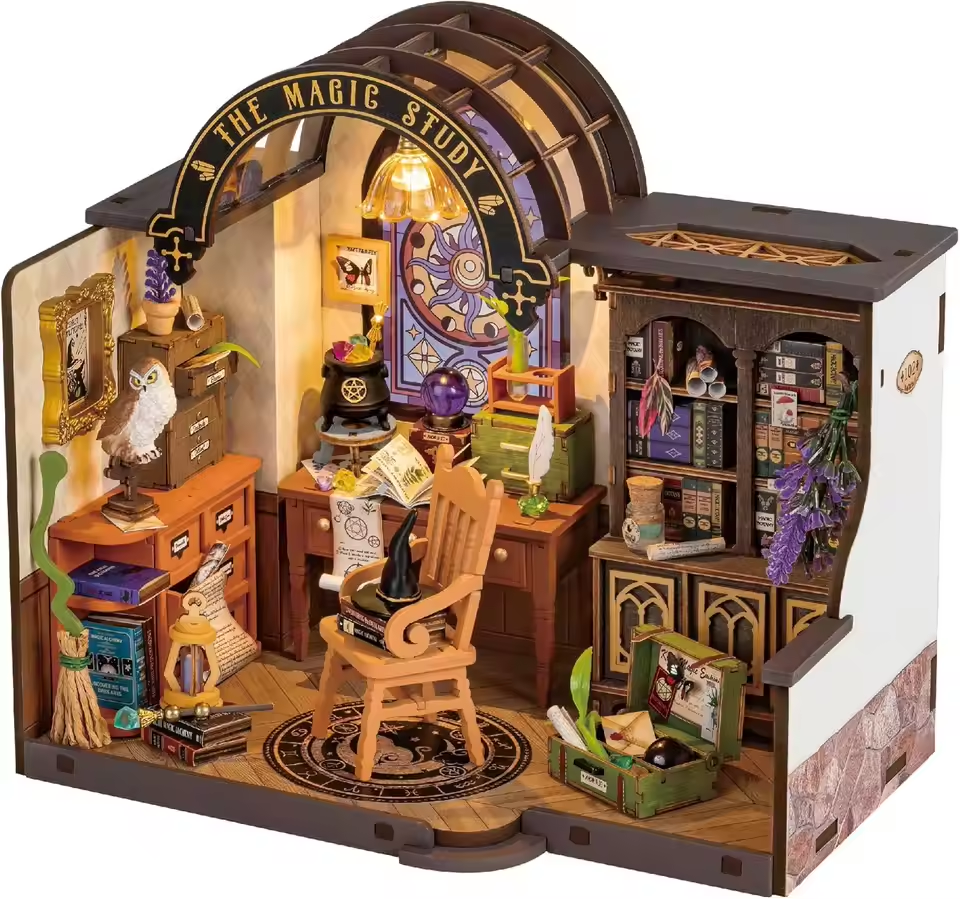Parent Discussing How Squishmallow Axolotls Have Helped Their Child
As a parent of a child with anxiety and sensory issues, I have found Squishmallow Axolotls to be an incredible tool in helping my child manage their emotions. These plush toys are soft, cuddly, and have a calming effect on my child. Whenever my child feels overwhelmed, they turn to their Squishmallow Axolotl for comfort and reassurance. The sensory aspect of these toys, with their soft and squishy texture, also provides a tactile outlet for my child’s sensory needs. The vibrant colors and cute design of the Axolotls have also become a source of joy and excitement for my child. I am grateful that these lovable toys have become a helpful tool in my child’s emotional regulation and an integral part of our family.
Child Psychologist Recommending Squishmallow Axolotls as a Calming Tool
As a child psychologist, I often recommend Squishmallow Axolotls as a tool to help children with anxiety and sensory issues. These plush toys provide a calming and sensory experience that can help children regulate their emotions and reduce stress. They are also a non-invasive and non-pharmacological intervention that can be used at home or in a clinical setting. The soft texture and playful design of Squishmallow Axolotls can also help to engage children in play therapy and promote positive social interactions. Overall, I highly recommend Squishmallow Axolotls as a comforting and therapeutic tool for children with anxiety or sensory issues.
Teacher Implementing Squishmallow Axolotls in a Classroom to Aid Anxious Students
As a teacher, I have seen firsthand the positive impact Squishmallow Axolotls can have on anxious students. I have implemented these plush toys in my classroom as a tool to help students manage their emotions and reduce stress. Whenever a student feels overwhelmed or anxious, they have the option to hold and interact with their Squishmallow Axolotl, which can help them regulate their emotions and feel more grounded. The presence of these toys in the classroom has also helped to promote a sense of calm and comfort among all students, creating a more positive learning environment. Overall, I believe that Squishmallow Axolotls are an effective tool in helping students with anxiety and can be integrated into the classroom in a beneficial way.
Plush Toy Company Highlighting the Therapeutic Qualities of Squishmallow Axolotls
As a plush toy company, we recognize the therapeutic qualities of Squishmallow Axolotls and actively promote these benefits to our customers. Our Squishmallow Axolotls are designed to be soft, cuddly, and comforting, which makes them ideal for children with anxiety or sensory issues. The tactile experience of holding and squishing these toys can provide a calming effect and help children regulate their emotions. We also prioritize sustainability and ethical production practices in our designs, ensuring that our Squishmallow Axolotls not only benefit children but also have a minimal impact on the environment. We believe that Squishmallow Axolotls have the potential to be a helpful tool in promoting positive mental health for children, and we are proud to offer these lovable toys as part of our product line.
In conclusion, the therapeutic benefits of Squishmallow Axolotls for children with anxiety or sensory issues are significant and can be viewed from various perspectives. Parents appreciate their calming effect and sensory benefits, child psychologists recommend them as a non-invasive intervention, teachers implement them in the classroom to promote a positive learning environment, and plush toy companies highlight their therapeutic qualities. Overall, Squishmallow Axolotls have the potential to be a valuable tool in promoting positive mental health for children and should be considered among the range of resources available to support children’s emotional well-being.



